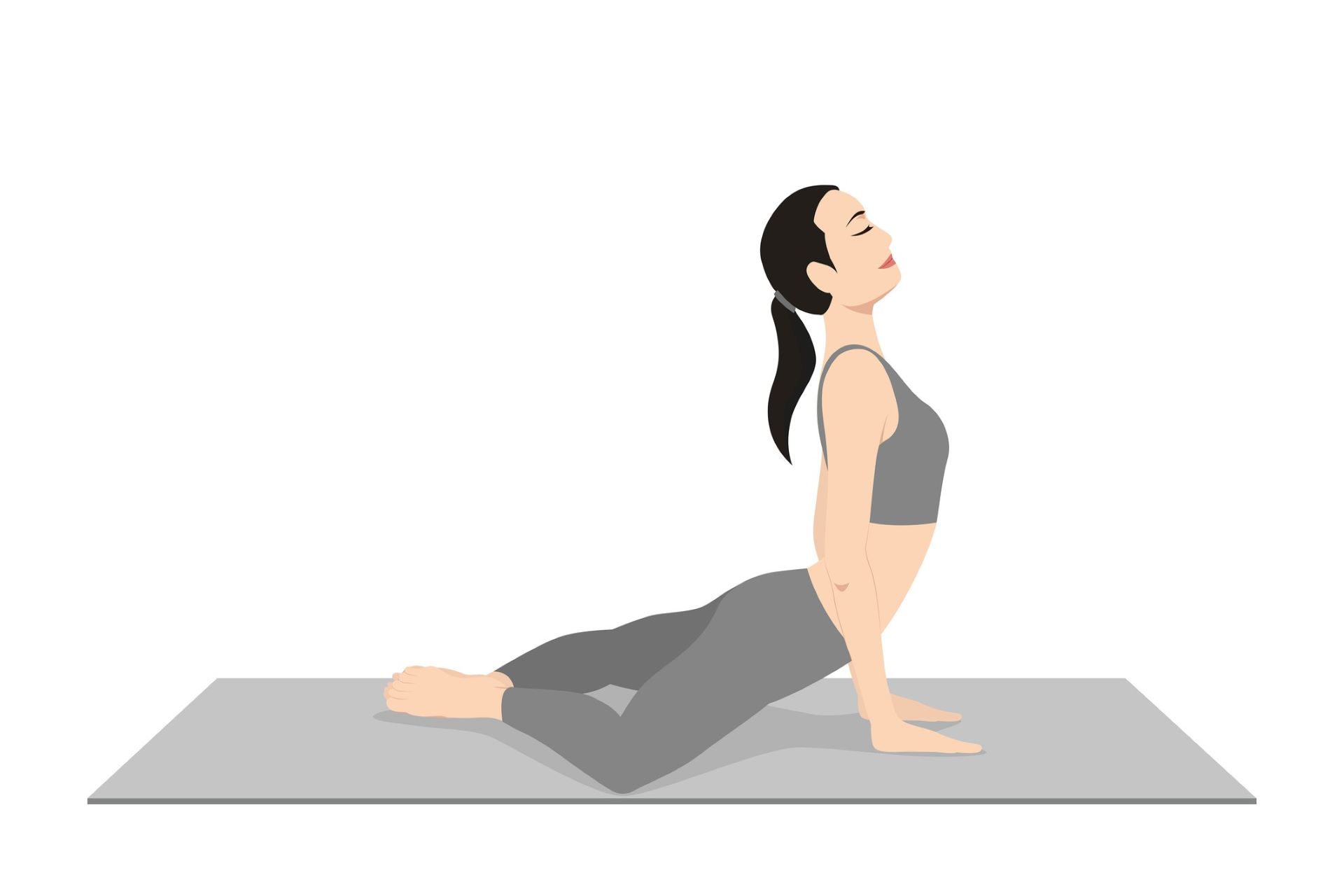
Got tight hips? You might be suffering from 'adaptive shortening'. This happens when we sit down for long periods, which encourages our hip flexors to stay in a relaxed, shortened position. These muscles then become weaker and shorter, which leads to that tight hip feeling.
Thankfully, there are ways to identify and fix this problem.
We spoke to Calum Fraser, a physiotherapist, CEO & owner of Advantage Physiotherapy, who outlined the best ways to test your hip mobility and two of the best hip stretches you can try to improve it.
How can I test my hip mobility?
1. Thomas test: Lie on the edge of a flat bench with one leg hanging toward the ground and the other closely hugged to your chest. If your lower back is off the bench or if your dangling leg is not pointed straight down you probably have tight hip flexors.
2. Squat test: With your feet shoulder-width apart, squat deeply. Your hips might need some mobility training if you are unable to squat to parallel or below or if you need to lean forward a lot.
Stretches for hip mobility
"It's best to include these stretches in your routine to improve flexibility and reduce the risk of injuries," said Fraser. "Always perform each stretch gently, and if something causes pain, stop immediately to avoid injury."
The Frog Stretch

On all fours, gradually spread your knees apart until your inner thighs are comfortably stretched. Keep your hips in line with your knees, rather than letting them come forward, and bring your elbows flat on the ground. The inner hip muscles are the focus of this stretch.
Seated Butterfly Stretch

Sitting on the floor, bring the soles of the feet together and extend your knees out to the sides. Lean forward slowly while holding your feet to feel the stretch in your hips.
What else can I do for tight hips?
There are several hip-strengthening exercises you can do to improve the resilience of your hip muscles. This will also help counteract the effects of sitting all day.
"Making sure you're moving your hip flexors through their full range is key to mobility for the long haul, and it can even help ease off back pain, hip pain, and knee pain and keep you steady during squats and lunges," said ports therapist, strength and conditioning coach and Lincs Injury Clinic founder Emma Burgon-Kisby.
Need some support for your stretching routines? See our guide to the best yoga mats







